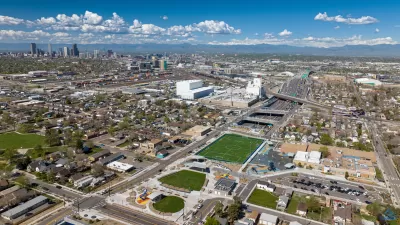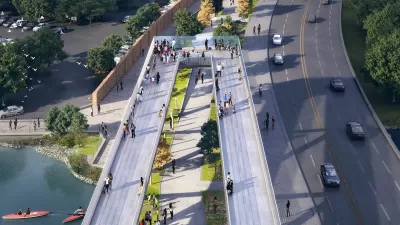Let the debate ensue about the accuracy (not to mention the appropriateness) of the "Gentrifier Calculator" exercise.
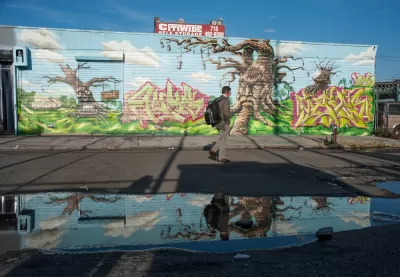
"Have you ever found yourself eating a maple bacon donut on a Citi Bike en route to Whole Foods after an exhausting yoga session and wondering: Am I a gentrifier?"
So begins a possibly, somewhat tongue-in-cheek article by Chris Kirk for Slate that promotes a "Gentrifier Calculator." According to Kirk's definition, "Gentrifiers are people with medium or high incomes moving into low-income neighborhoods, attracting new business but raising rents, and often contributing to tensions between new and long-term residents."
The calculator, which runs the numbers on your (yes, you) income compared to median income for your zip code and the median income of your metropolitan area. While it calculates, the screen ponders, "Opening a wine bar," "chasing a taco truck," and "having brunch."
On a more serious note, the post notes that there is no universally accepted definition of gentrification, but called on Ingrid Gould Ellen, a professor of public policy and urban planning at New York University, in finding the formula for the calculator. "For the purposes of this calculator," explains Kirk, "Ellen suggested this formula: If your neighborhood’s median income is lower than the median income of your city, and your income is higher than your city’s median, you’re a gentrifier."
FULL STORY: Are You a Gentrifier?
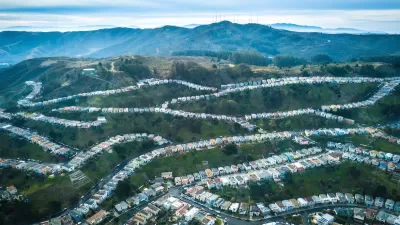
Depopulation Patterns Get Weird
A recent ranking of “declining” cities heavily features some of the most expensive cities in the country — including New York City and a half-dozen in the San Francisco Bay Area.

California Exodus: Population Drops Below 39 Million
Never mind the 40 million that demographers predicted the Golden State would reach by 2018. The state's population dipped below 39 million to 38.965 million last July, according to Census data released in March, the lowest since 2015.
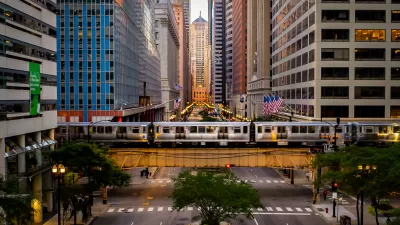
Chicago to Turn High-Rise Offices into Housing
Four commercial buildings in the Chicago Loop have been approved for redevelopment into housing in a bid to revitalize the city’s downtown post-pandemic.

How California Transit Agencies are Addressing Rider Harassment
Safety and harassment are commonly cited reasons passengers, particularly women and girls, avoid public transit.

Significant Investments Needed to Protect LA County Residents From Climate Hazards
A new study estimates that LA County must invest billions of dollars before 2040 to protect residents from extreme heat, increasing precipitation, worsening wildfires, rising sea levels, and climate-induced public health threats.

Federal Rule Raises Cost for Oil and Gas Extraction on Public Lands
An update to federal regulations raises minimum bonding to limit orphaned wells and ensure cleanup costs are covered — but it still may not be enough to mitigate the damages caused by oil and gas drilling.
City of Costa Mesa
Licking County
Barrett Planning Group LLC
HUD's Office of Policy Development and Research
Mpact Transit + Community
HUD's Office of Policy Development and Research
City of Universal City TX
ULI Northwest Arkansas
City of Laramie, Wyoming
Urban Design for Planners 1: Software Tools
This six-course series explores essential urban design concepts using open source software and equips planners with the tools they need to participate fully in the urban design process.
Planning for Universal Design
Learn the tools for implementing Universal Design in planning regulations.




















